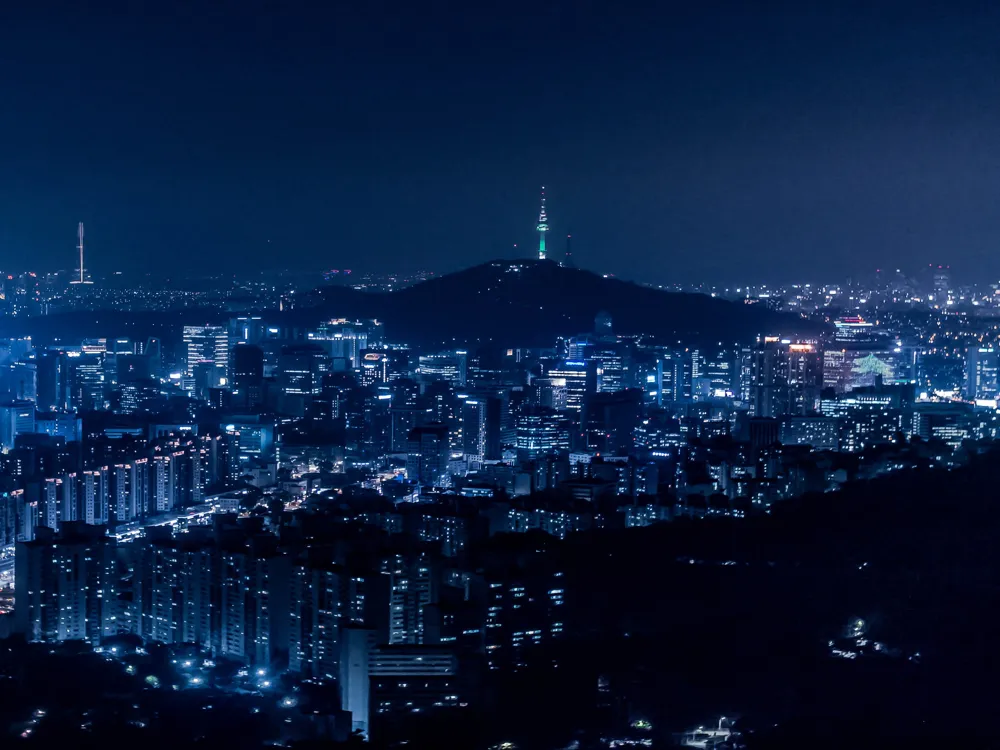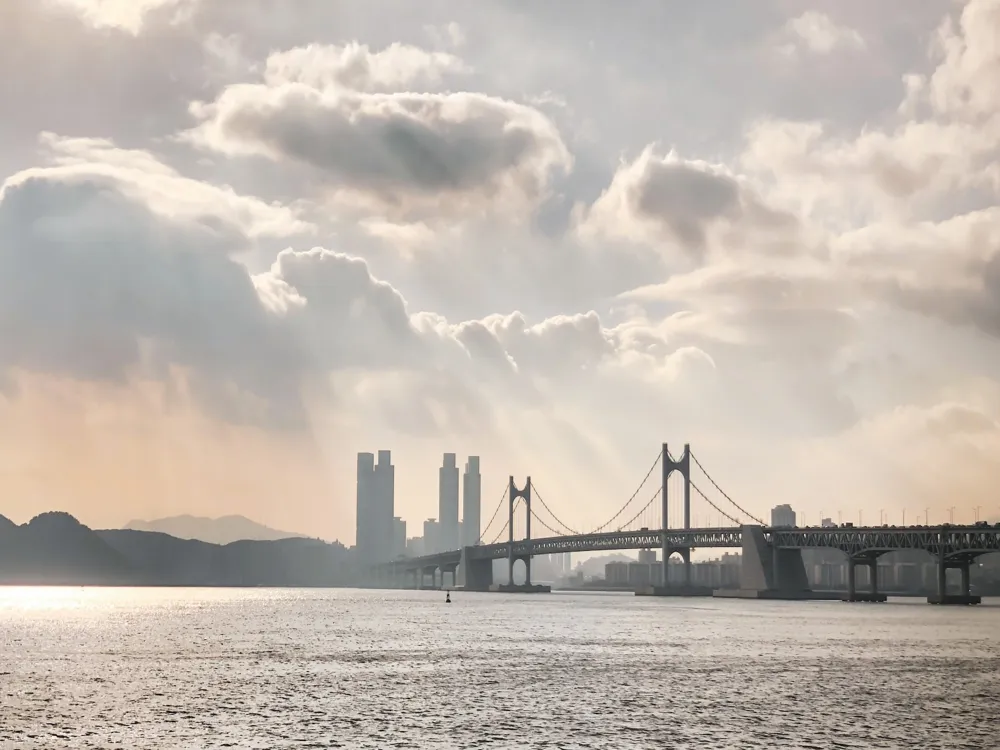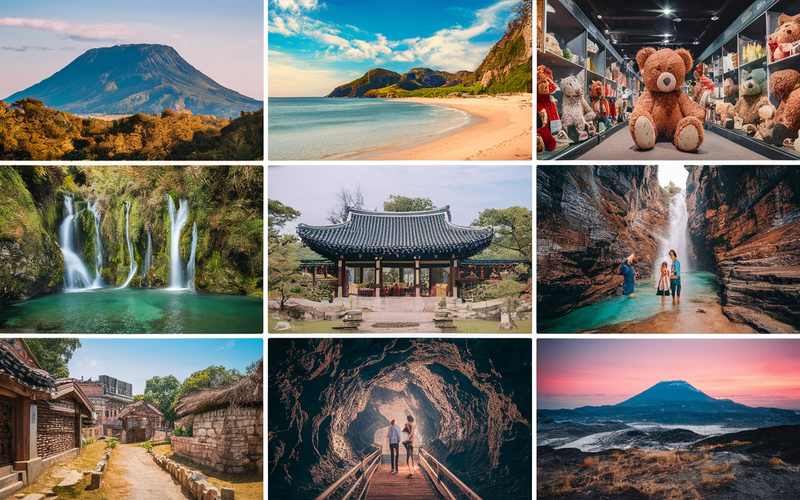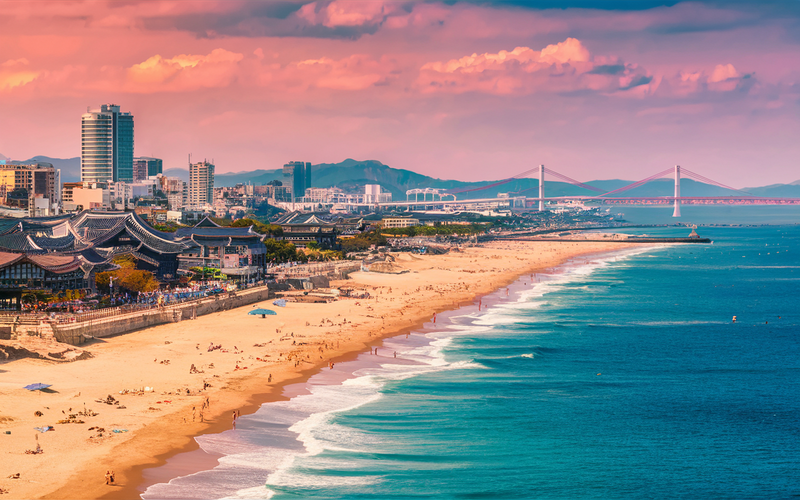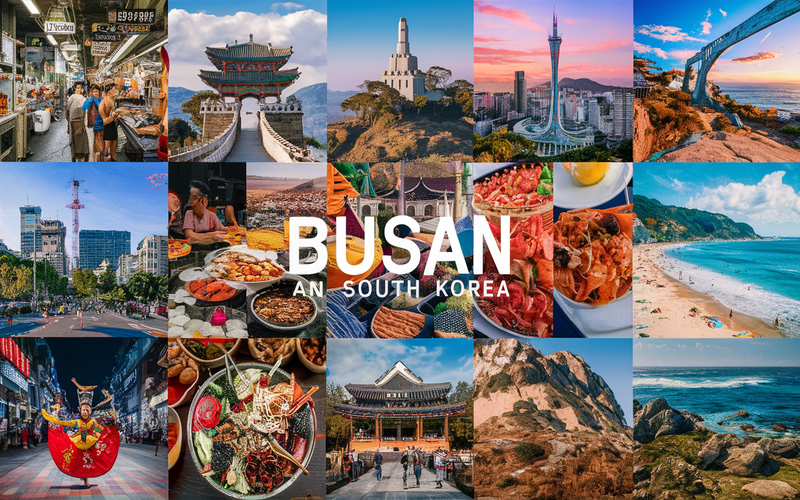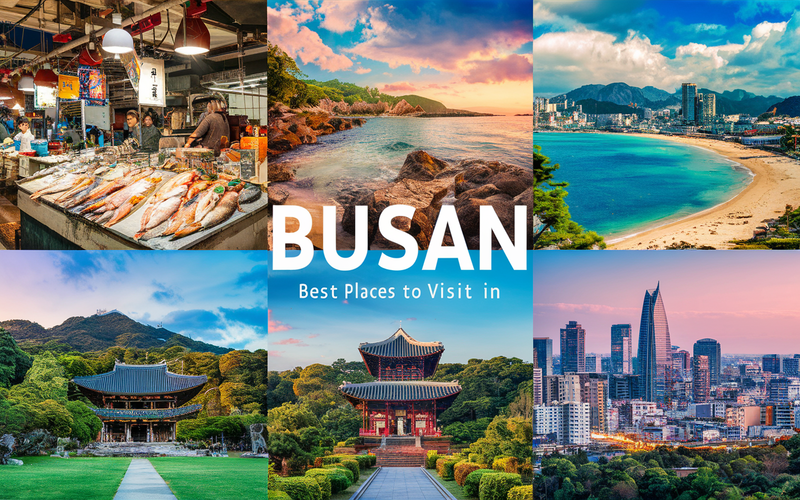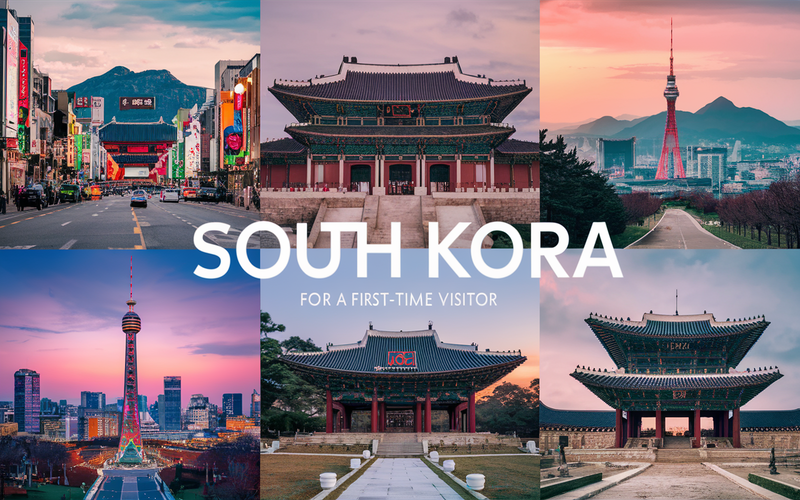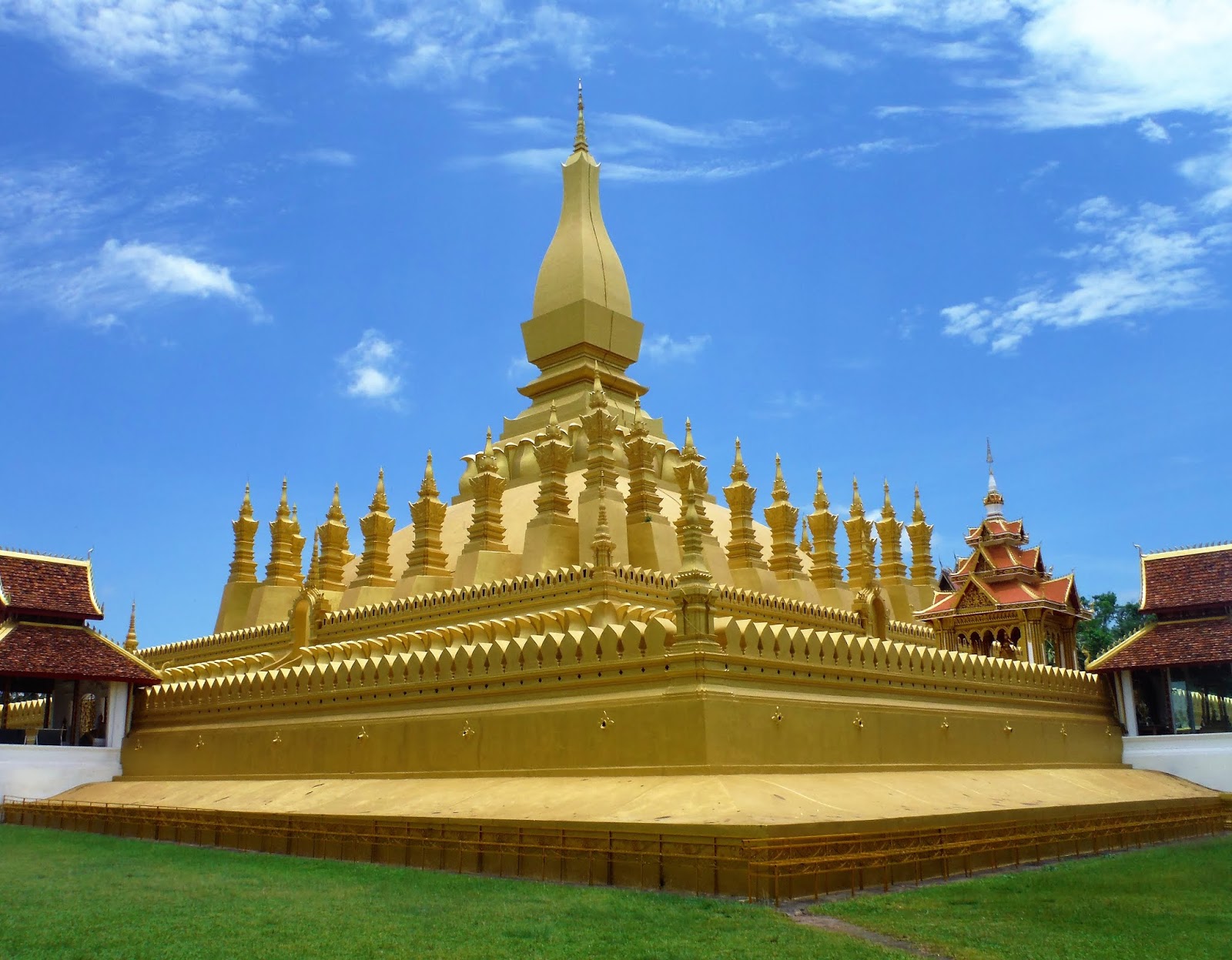Plan Your Travel To South Korea
South Korea Travel Essentials
Ideal Duration: 8 - 10 days
Currency: South Korean Won (KRW)
Best Time: Spring (April - June) Read More
Budget: Cheap
"The land where technology and nature goes together."
South Korea Tourism
The vibrant country of South Korea, located in East Asia, is a fascinating fusion of modernity and history. Its vibrant metropolis, Seoul, has contemporary skyscrapers interspersed with historic palaces like as Gyeongbokgung. Discover the bustling marketplaces, the colourful street food scene, and the mediaeval town of Bukchon Hanok. The verdant Seoraksan National Park and the tranquil settings of Jeju Island are two examples of South Korea's breathtaking natural beauty. Enjoy Korean food, which includes items like kimchi and bibimbap. South Korea welcomes visitors to experience its distinctive fusion of modern life, ancient history, and technological innovation. It is a country known for its kind hospitality and rich cultural legacy.
Must Know Before You Travel to South Korea
- Language: Korean is the official language, so learning basic phrases can be helpful.
- Currency: The South Korean Won (KRW) is the currency used.
- Visa: Check visa requirements based on your nationality.
- Weather: Plan according to the four distinct seasons.
- Transport: Utilize efficient public transportation, including subways and buses.
- Etiquette: Familiarize yourself with Korean customs and show respect for elders.
- Food: Embrace the local cuisine, but be prepared for spicy dishes.
- Safety: South Korea is generally safe, but exercise common travel precautions.
- Internet and Connectivity: South Korea has excellent internet connectivity, and free Wi-Fi is widespread. Consider renting a portable Wi-Fi device or getting a local SIM card for continuous internet access.
- Cultural Sites and Palaces: South Korea is rich in history, and there are many palaces and cultural sites to explore, such as Gyeongbokgung Palace in Seoul. Check for any special events or restrictions before visiting.
- Shopping and Markets: South Korea is known for its vibrant markets and shopping districts. Bargaining is not common, except in specific markets where it is expected.
- Time Zone: South Korea operates on Korean Standard Time (KST), which is GMT+9.
- Emergency Numbers: In case of emergencies, dial 112 for police, fire, or medical assistance.
Tourist Places to Visit In South Korea
South Korea Travel Packages
Compare quotes from upto 3 travel agents for free
View All Packages For South korea
More on South Korea Travel
All collections about South korea
Best time to visit South Korea
This is regarded as the best time to visit South Korea, as the country gets painted pink by the blooming cherry blossoms all over. Also, the weather remains quite pleasant, with many interesting festivals lining up during these months. The weather not only makes it popular among tourists to visit but also encourages the locals to head for the hills, visiting the country's many national parks. The temperature ranges from 5 degrees during the first few days to as high as 27 degrees towards the end of the season. lining up during these months. The weather not only makes it popular among tourists to visit but also encourages the locals to head for the hills, visiting the country's many national parks. The temperature ranges from 5 degrees during the first few days to as high as 27 degrees towards the end of the season.
Top Stories about South Korea Tourism
Read More on South Korea Travel
Exchanging money in South Korea:
When traveling to South Korea, it's essential to exchange your currency for South Korean Won (KRW). You can do this at airports, banks, and currency exchange booths. While major credit cards are widely accepted, having some cash on hand is useful, especially in smaller shops and local markets. ATMs are prevalent, and many accept foreign cards. Be aware of exchange rates and fees to get the best value. South Korea's banking hours can be limited, so plan your currency exchange accordingly. It's advisable to carry some cash, but don't forget to keep your funds secure while exploring this vibrant nation.
Nightlife in South Korea:
South Korea offers a dynamic and diverse nightlife scene. From the bustling streets of Seoul to smaller cities, you'll find a variety of entertainment options. Karaoke rooms, known as noraebang, are popular, and vibrant nightclubs cater to all music tastes. The energetic Hongdae district in Seoul is a hotspot for young locals and tourists alike. Traditional Korean pubs, or pojangmacha, offer street food and soju, providing a unique experience. South Korea's nightlife often continues into the early hours, making it a must-try aspect of your visit, filled with music, dance, and delicious snacks.
Shopping in South Korea:
South Korea is a shopper's paradise with options for all tastes and budgets. The bustling markets of Myeongdong and Namdaemun in Seoul offer fashion, cosmetics, and street food. For luxury brands, explore the upscale boutiques in the Gangnam district. Traditional markets like Insadong showcase Korean crafts and antiques. Incheon's Bupyeong Market is renowned for electronics. Don't forget to explore the vibrant night markets, where you can haggle for unique finds. South Korea is a treasure trove of shopping experiences, blending modern malls with the charm of traditional markets, making it a retail wonderland.
Festivals in South Korea:
South Korea is a nation steeped in tradition and hosts a myriad of vibrant festivals throughout the year. From the stunning cherry blossoms in spring to the colorful lantern festivals during Buddha's birthday, there's always something to celebrate. The Boryeong Mud Festival is famous for its mud-based fun in the summer, while the Jinju Namgang Yudeung Lantern Festival illuminates the night in the fall. The Busan International Film Festival is a global film lover's delight. These celebrations offer a unique glimpse into South Korea's rich culture, providing visitors with unforgettable experiences and lasting memories.
Hygiene in South Korea:
South Korea is known for its high standards of cleanliness and hygiene. Public spaces, including streets and public transportation, are meticulously maintained. Restrooms are well-equipped and spotlessly clean, making them traveler-friendly. Hand sanitizers and masks are readily available, and it's customary to wear a mask when feeling unwell to protect others. South Koreans emphasize personal hygiene, so it's important to follow suit. Remember to remove your shoes before entering homes and some businesses. Overall, South Korea's commitment to hygiene ensures a safe and pleasant visit, even in bustling urban areas.
Tips for visiting South Korea:
- When visiting South Korea, there are some key tips to enhance your experience.
- Learning a few Korean phrases can be immensely helpful, as English may not be widely spoken, especially in rural areas.
- Tipping is not customary, and it may even be refused, so be prepared for polite declines. South Korea experiences distinct seasons, so pack accordingly.
- Respect local customs, such as bowing as a sign of politeness. Try the diverse and delicious local cuisine, but be mindful of spicy dishes if you're not accustomed to heat.
- Embrace the culture and enjoy South Korea's historical sites, natural beauty, and urban vibrancy.
Food of South Korea:
South Korean cuisine is a flavorful journey, celebrated for its diversity and unique dishes. Kimchi, fermented spicy vegetables, is a staple in every meal. Bulgogi, thinly sliced marinated beef, is a savory delight. Bibimbap combines rice, vegetables, and a spicy sauce. Don't miss out on street food like tteokbokki, chewy rice cakes in a spicy sauce, and hotteok, sweet pancakes filled with syrup. Korean BBQ allows you to grill your own meat at the table. Seafood lovers can savor dishes like haemul pajeon, a seafood pancake. South Korea's cuisine is a delightful mix of tastes and textures, appealing to all palates.
Photos of South Korea
All Country Photos South korea
Popular Questions And Answers on South Korea
What is South Korea known for?
South Korea is known for its rich cultural heritage, technological advancements, K-pop music, delicious cuisine like kimchi and bulgogi, and its dramatic history, including the Korean War.
What is the capital of South Korea?
The capital of South Korea is Seoul, which is also the country's largest city and a major economic and cultural hub in Asia.
What is the Korean Wave (Hallyu)?
The Korean Wave, or Hallyu, refers to the global popularity of South Korean pop culture, including K-pop music, Korean dramas, films, and fashion. It has gained immense popularity worldwide.
What is the demilitarized zone (DMZ) in South Korea?
The DMZ is a heavily fortified buffer zone that separates North and South Korea. It's one of the most heavily militarized borders in the world and serves as a symbol of the Korean War's ongoing armistice.
What are some famous South Korean dishes?
South Korea is known for its delicious dishes, such as kimchi (fermented vegetables), bibimbap (mixed rice), bulgogi (marinated grilled meat), and samgyeopsal (pork belly).
Who are some famous South Korean K-pop groups?
Popular K-pop groups include BTS, EXO, BLACKPINK, TWICE, and Red Velvet, among others. These groups have achieved global fame.
What is the traditional clothing of South Korea?
Hanbok is the traditional clothing of South Korea. It consists of vibrant and elegant garments with specific designs for different occasions and social statuses.
What is the history of the division between North and South Korea?
The division of North and South Korea dates back to the end of World War II, and it was formalized after the Korean War (1950-1953) when an armistice was signed. The two countries remain technically at war.
What are some major South Korean festivals and holidays?
South Korea celebrates various festivals and holidays, including Seollal (Lunar New Year), Chuseok (Korean Thanksgiving), Buddha's Birthday, and many others, each with unique traditions and customs.
What are the top tourist attractions in South Korea?
Some popular tourist destinations in South Korea include the historic Gyeongbokgung Palace, the bustling markets of Myeongdong, the scenic Jeju Island, the ancient city of Gyeongju, and the vibrant nightlife in Hongdae, Seoul.


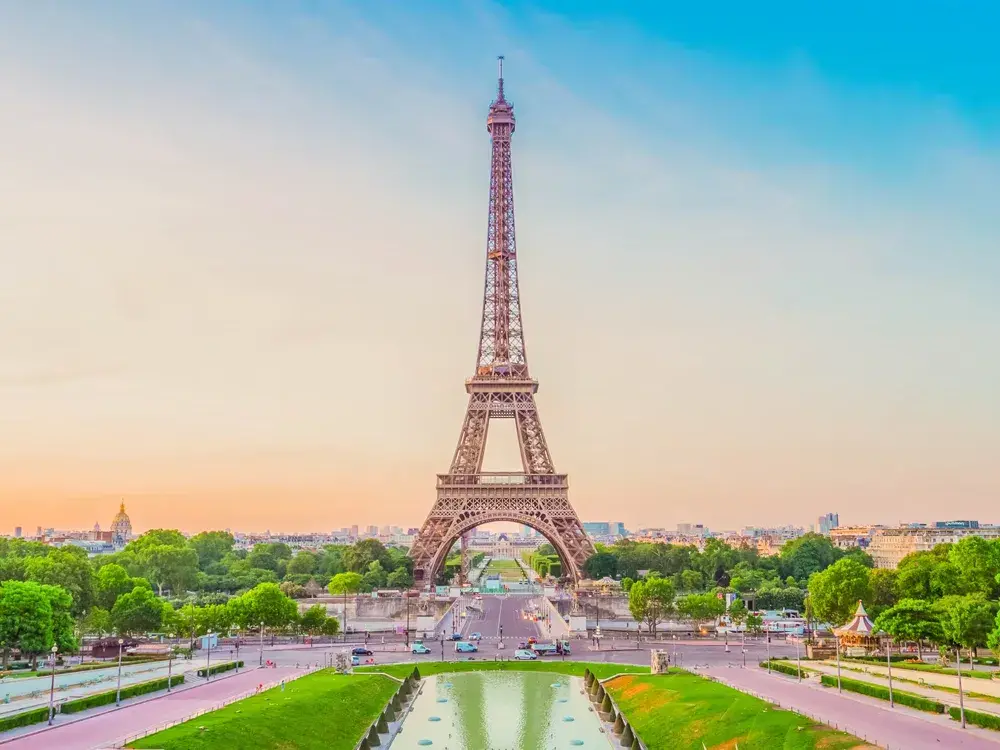
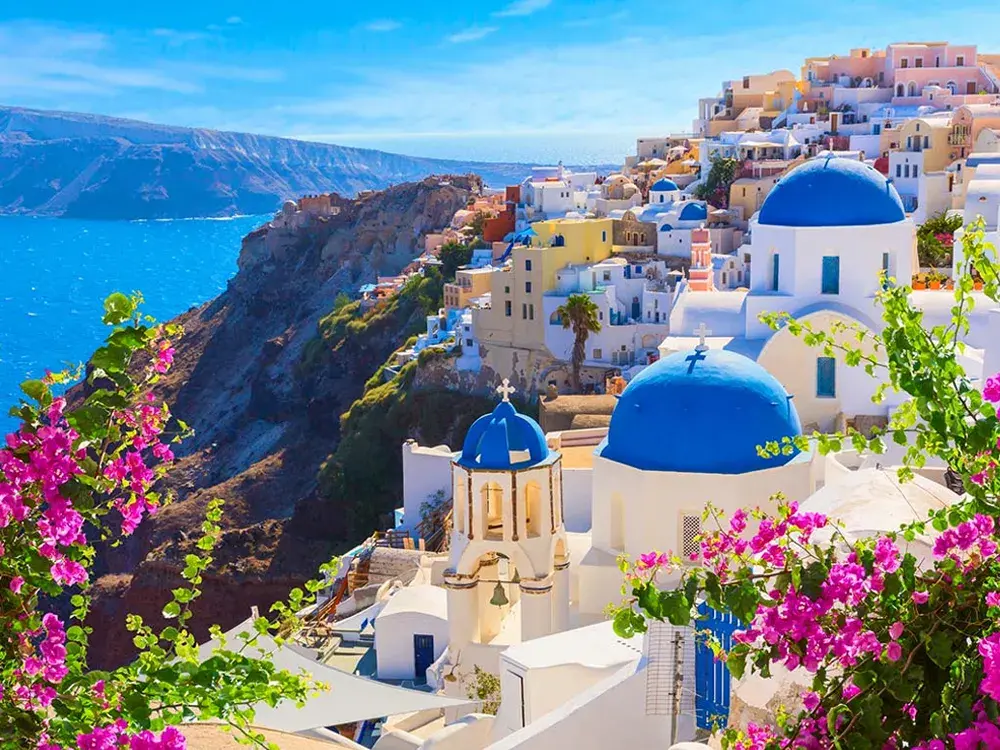
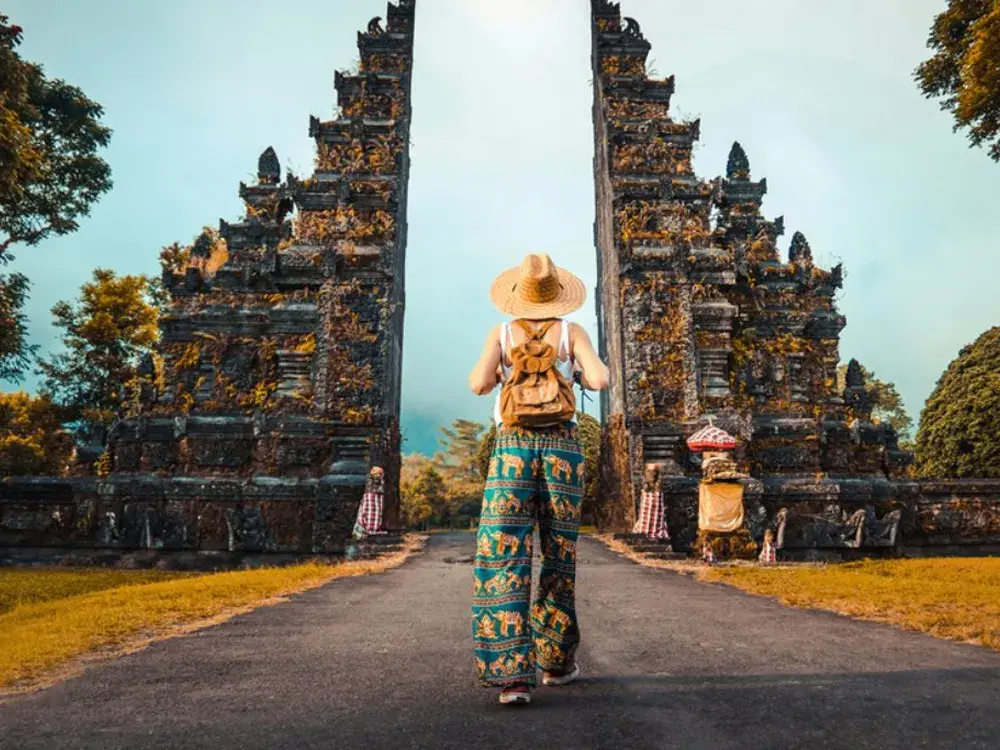
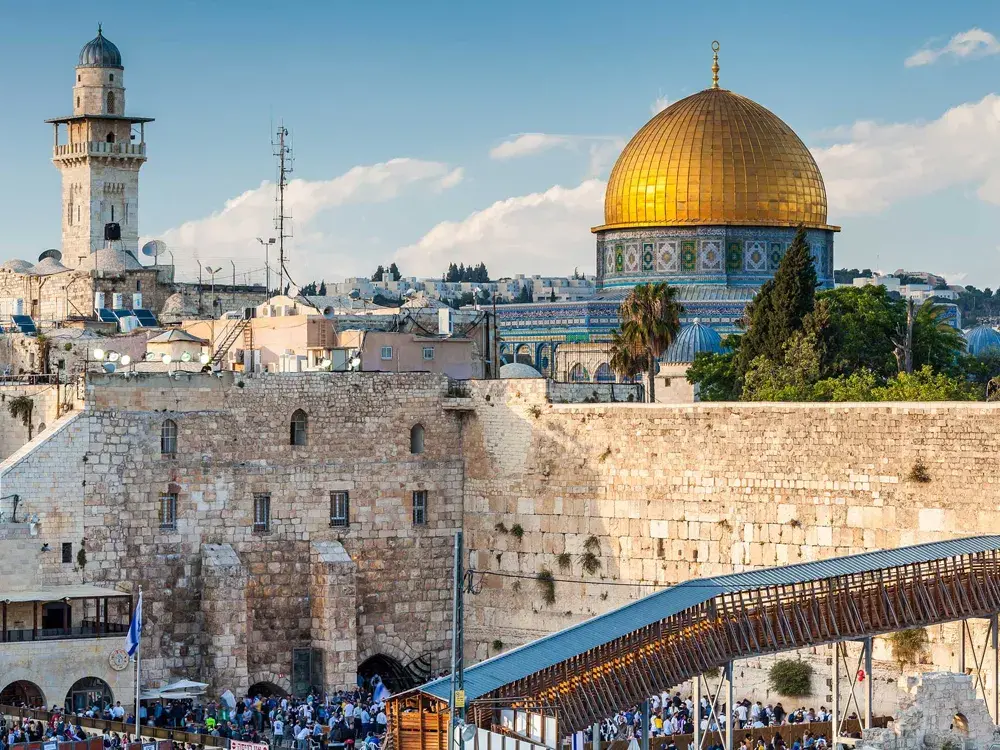
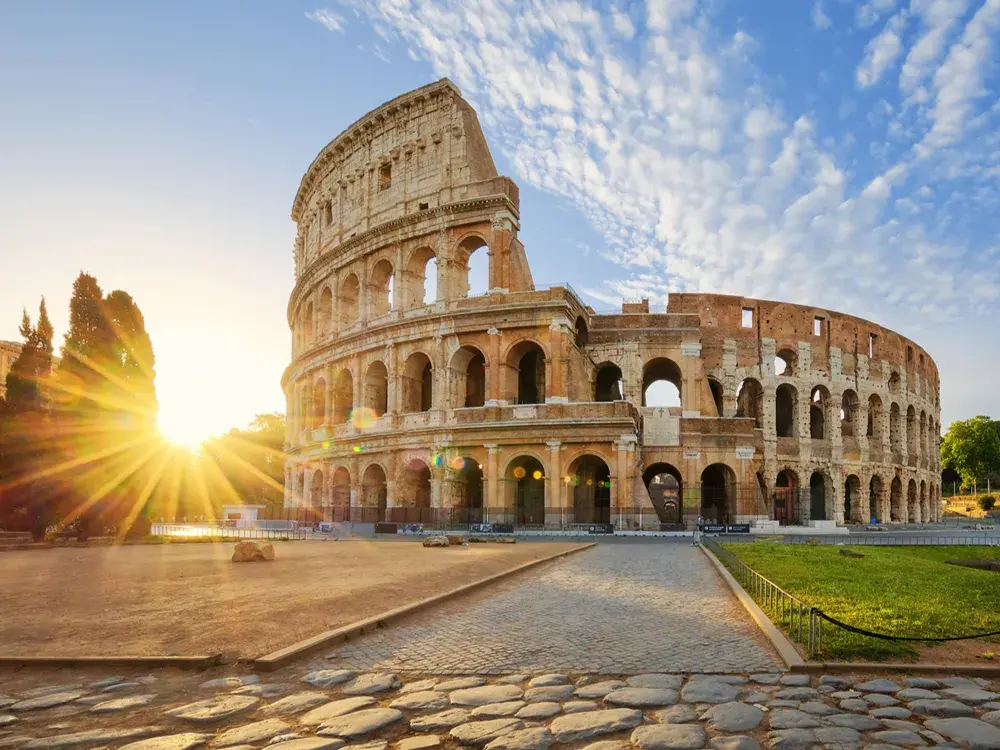
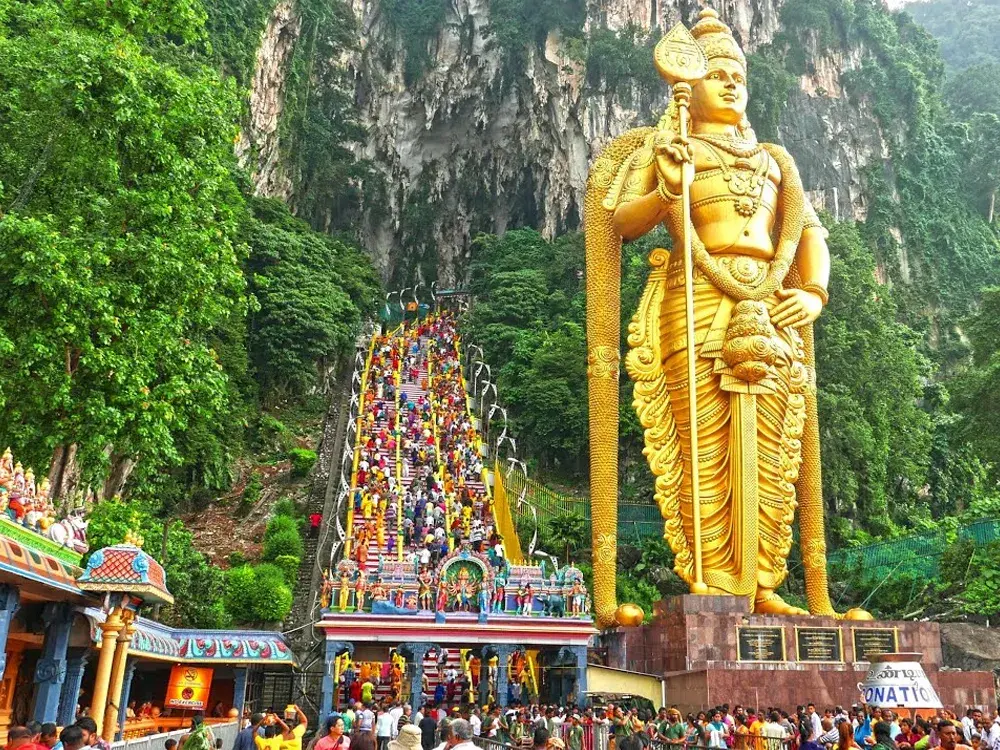
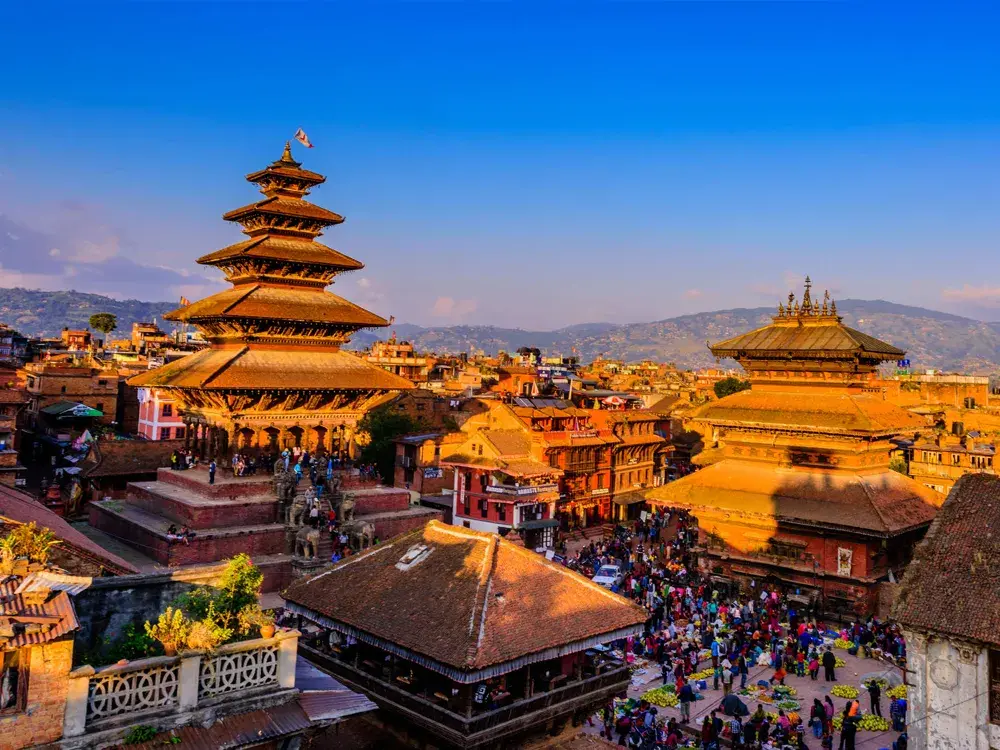
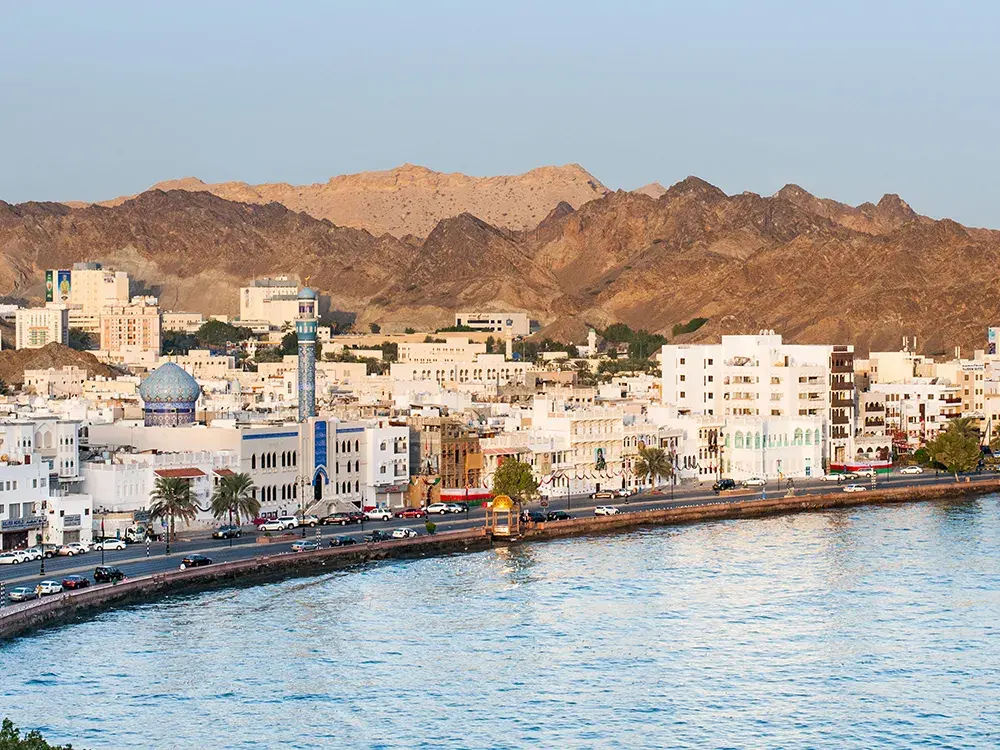
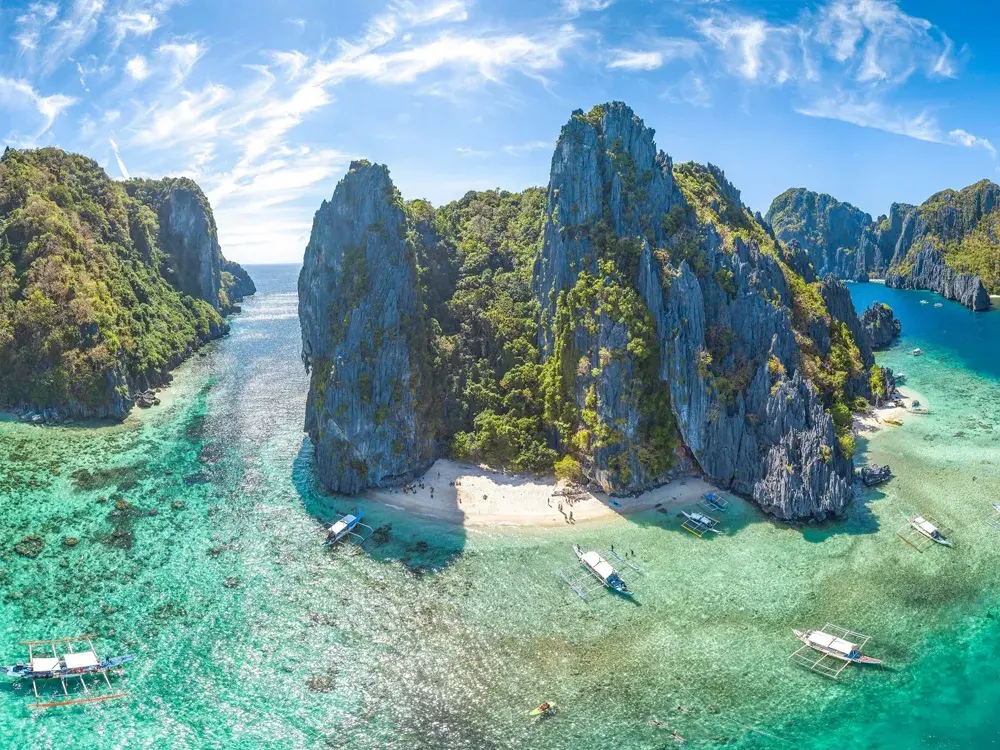

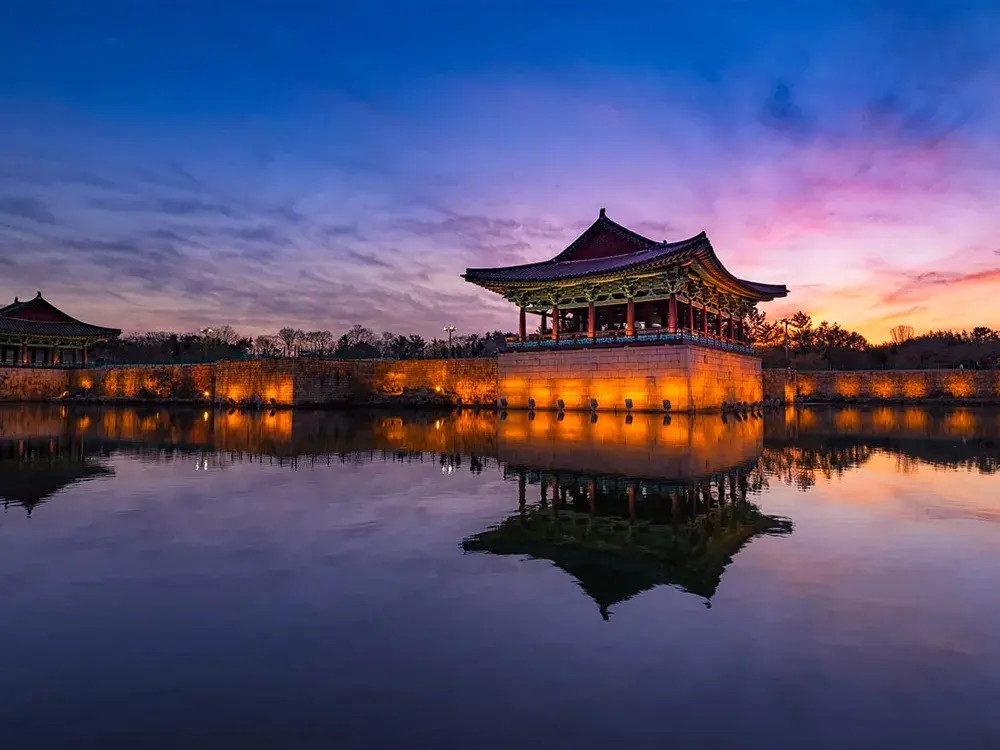
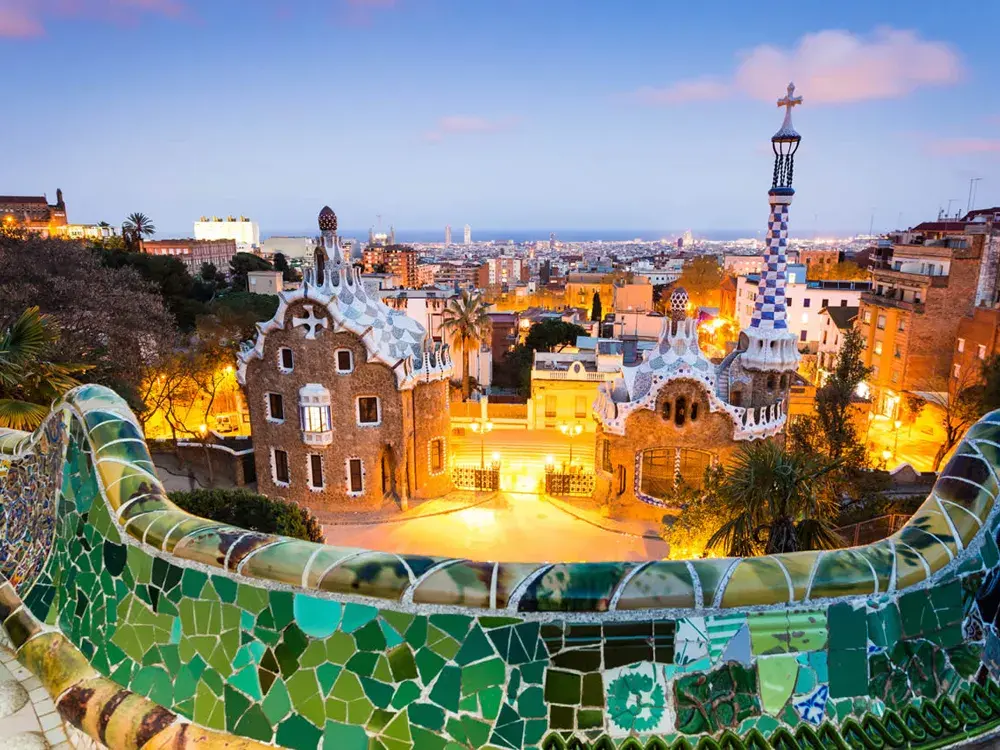
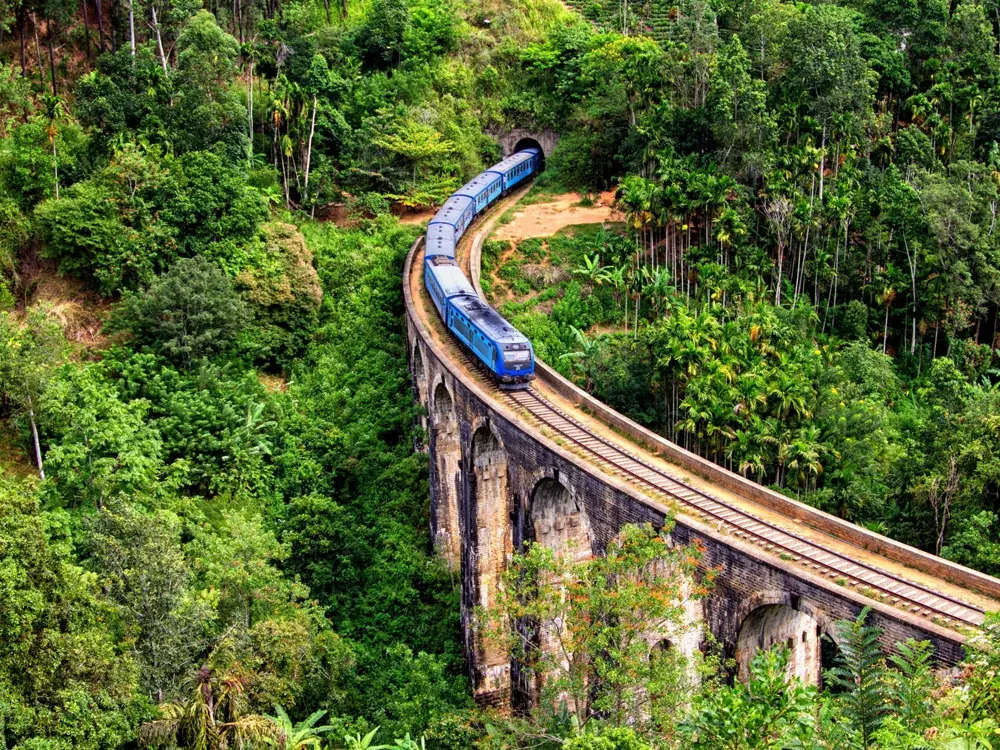
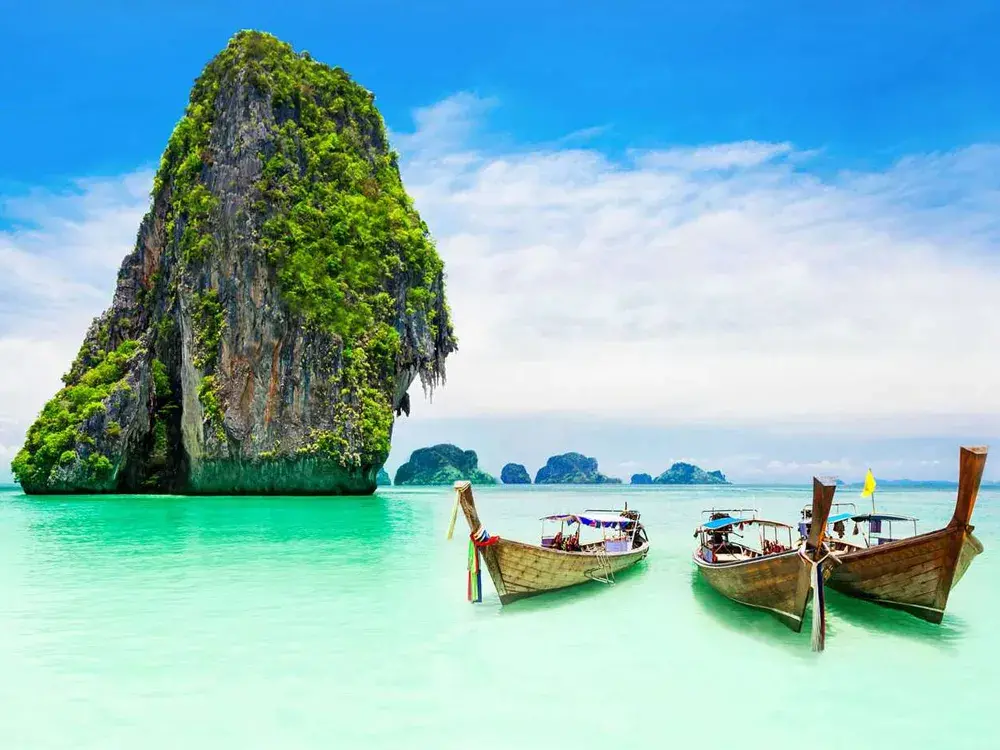

.webp)




